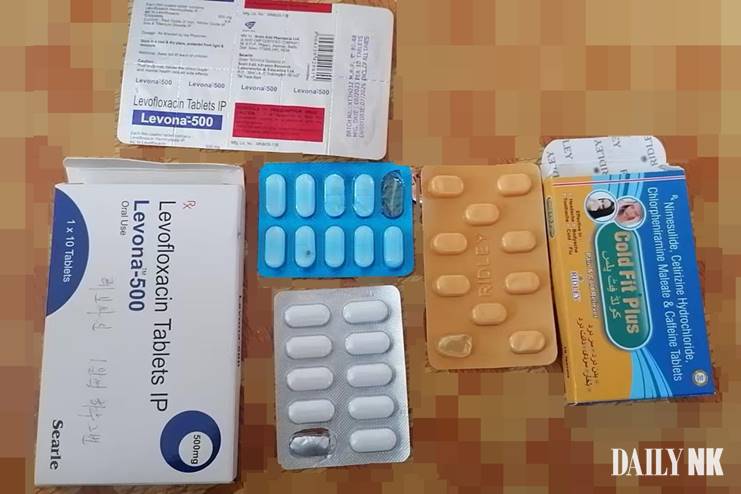
North Korea is experiencing a surge in influenza cases, but rather than seeking medical care, many residents are turning to self-prescribed medicines from local marketplaces, where imported drugs now dominate the shelves.
According to a source in South Pyongan province, residents in Kaechon city and surrounding areas are increasingly reporting flu symptoms including high fever, headaches, chills, and muscle pain, with children and the elderly particularly affected.
“In North Korea, we call it a ‘bad cold’ because the symptoms are so similar,” the source explained. “While some cases involve serious symptoms like shortness of breath, others present only with coughs without fever.”
Most residents avoid doctor visits, viewing them as costly and ineffective. “You don’t get good prescriptions from doctors, so people prefer buying medicines directly from the market,” the source said, noting that drug availability has improved significantly since the pandemic.
Market supplies had dried up during COVID-19 border closures, but with trade resuming, imported medications are now readily available. Common offerings include over-the-counter cold medicines and antibiotics such as levofloxacin (in both pill and injectable forms) and ampicillin. Most flu sufferers reportedly combine cold medicine with antibiotics.
A photograph obtained by Daily NK shows imported medications including Levona-500 antibiotics and Cold Fit Plus cold medicine. These drugs, primarily manufactured in India and Pakistan, are popular due to their relative affordability.
Prices at marketplaces range from 5,000 to 30,000 won. While still expensive for many North Koreans, imported medicines are preferred over domestic products for their perceived effectiveness.
However, taking self-prescribed medicines carries risks. The source reported that patients often experience persistent symptoms or adverse effects from taking antibiotics without proper medical guidance.
“While better access to medication is positive, the practice of taking antibiotics at the first sign of illness is leading to antibiotic resistance,” the source warned. “We’re seeing more severe flu cases, which is causing considerable concern.”















